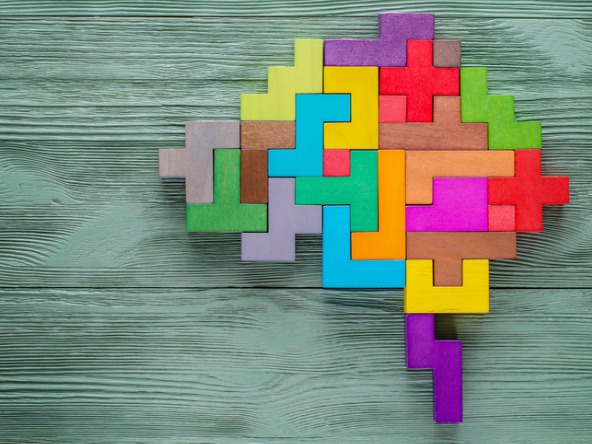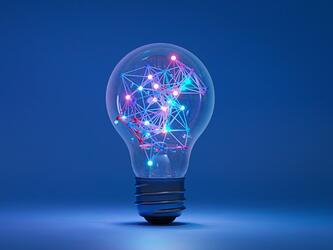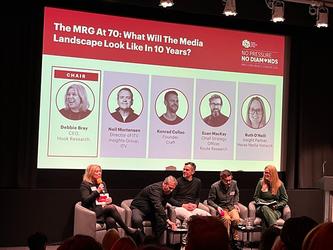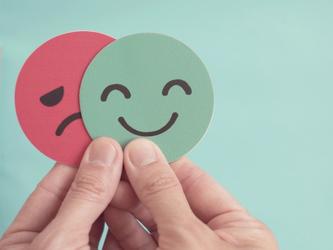AI will struggle to replace human creativity

The event, which was held earlier this month in London, focused on the art of science and emotion, with neuroscientist Dr Dean Burnett suggesting that AI would have many profound implications but that its reliance on logic would limit its incursion into some industries.
“It will obviously have a big impact and will have its place, but I personally don’t see it [AI] ever replicating human art, because human art is the process and outcome of a brain that is using emotion to guide its thoughts, output and decisions,” Burnett said. “AI does not have that – it is all pure logic.”
Burnett said emotions were key to how humans think and operate, adding that “it is much harder to retain information if it doesn’t have any emotional resonance”.
He added: “The emotion you can induce will affect how well something is remembered, as our brain does not really like abstract information.”
This had ramifications for advertising, he added: “Even if you are promoting something that has no real emotional salience with the people in it, if you can contextualise it in an emotionally engaging way, it will still have the same effect – it will still have that connection because people latch onto emotional connections indirectly. Emotions motivate us on multiple levels.”
Emotions are also faster than our thought processes. “You make decisions more emotionally than you perhaps realise,” Burnett said.
“Emotions are the bedrock of cognition, in many ways. Emotions infuse every aspect of our thinking – we cannot get away from it.”
Also speaking at the event, Dan Bowers, chief strategy officer at TMW, and Graeme Noble, chief creative officer at TMW, debated the role of science in creativity.
Noble made the case for creativity being an innate part of being human, and therefore not easily replicated using technology.
“It is important to us as humans. We need more creative people doing more creative things,” Noble said.
“Creativity can’t be predictable, it needs to be totally unpredictable. We need unexpected creativity – stuff that surprises us and shocks us. That is people powered – it is not AI powered, it is not machine powered. It is about breaking the rules.”
Bowers, however, argued that science could help creativity through a better analysis of what drives people’s emotions and preferences in advertising.
“By better understanding the science of emotion, we can inspire better creativity,” Bowers said.
“We can grab attention, be more emotionally engaging and be more memorable. Consumers don’t think, they feel first.”

We hope you enjoyed this article.
Research Live is published by MRS.
The Market Research Society (MRS) exists to promote and protect the research sector, showcasing how research delivers impact for businesses and government.
Members of MRS enjoy many benefits including tailoured policy guidance, discounts on training and conferences, and access to member-only content.
For example, there's an archive of winning case studies from over a decade of MRS Awards.
Find out more about the benefits of joining MRS here.














0 Comments